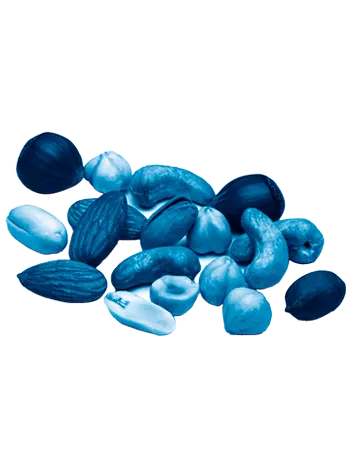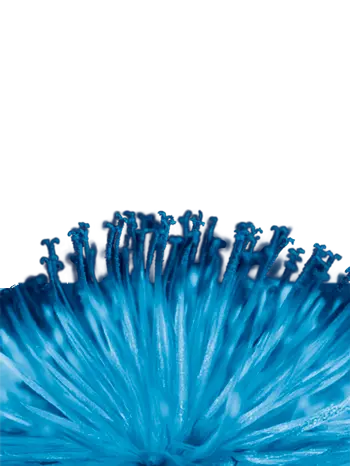Dust mites
Dust mite allergy is an allergic reaction to tiny bugs that commonly live in house dust. Dust mites thrive in warm, humid environments and are often found in bedding, upholstered furniture, and carpets. These allergens are typically found in dust mite feces, body parts, and secretions, and they can become airborne, making them easily inhaled by people. Symptoms can include sneezing, runny or stuffy nose, itchy or watery eyes, coughing, and difficulty breathing. Managing this allergy typically involves reducing exposure to dust mites by using allergen-proof bed covers, washing bedding frequently in hot water, and maintaining low humidity levels in the home. Medications and allergy shots may also be recommended by a healthcare provider. Diagnosing a dust mite allergy typically involves a combination of a medical history review, physical examination, and specific allergy tests: Skin Prick Test and/or Blood Test.
There are several species of dust mites, but the most common ones associated with human allergies include Dermatophagoides pteronyssinus (European house dust mite) and Dermatophagoides farinae (American house dust mite), among others. They are named based on the regions where they were first identified, but both can be found worldwide. European dust mites prefer more humid environments, while American dust mites can tolerate drier conditions. They produce different allergenic proteins, which means that individuals may react differently to each species, and there are slight differences in their physical structure, which can be identified under a microscope. Understanding these differences is important for accurate diagnosis and effective allergy management.
At Rekom Biotech, we design and produce recombinant allergens to be used in antibody tests against different allergens.
-
[[carrito.product.name]]
- [[sku.sku]]
Or if you prefer...
As manufacturers, we can adapt our products to your needs. Contact us!
-
[[carrito.product.name]]
- [[sku.sku]]
As manufacturers, we can adapt our products to your needs.
Contact us!




